Isaac Mayor: ‘We are actually living a casualisation pandemic’
Job security inquiry: Mayor Anne Baker says Isaac’s ‘casualisation pandemic … is far worse than any of the variants within the current Covid virus’.
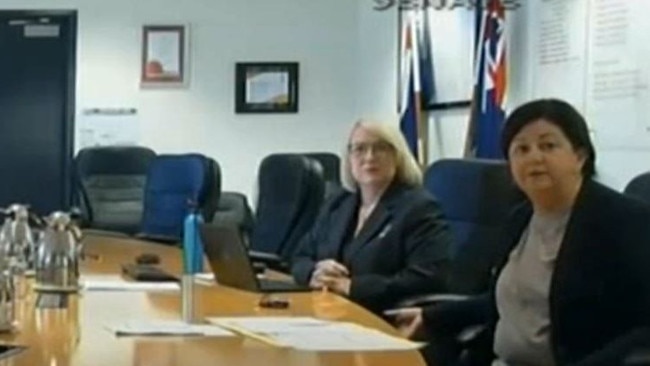
Mackay
Don't miss out on the headlines from Mackay. Followed categories will be added to My News.
Isaac Mayor Anne Baker has described the impact of labour hire and casualisation as “nothing short of a pandemic”.
She said it was her view, in her fourth term in the role, national decision makers needed to dig deeper to examine the issues in her patch in Central Queensland.
“So when we talk about a Covid pandemic, we are actually living a casualisation pandemic,” she told a Senate Select Committee on Job Security.
“It is far worse than any of the variants within the current Covid virus.
“While we believe labour hire, or a form of casualisation, needs to be in some form accepted, it should never be allowed to be a model of full replacement.
“We are living and breathing this, to the detriment of the viability and resilience of our community.
“There can be absolutely no mistake, that this completely undermines the socio-economic health of our regional and remote communities.
“It is a complete undermine, and an offensive insult that is continuing to be allowed to happen.
“We’re almost on our knees begging for someone to look through an Isaac lens and look through the resource sector lens for what’s going on the ground here.”
On Tuesday, Senators heard from the CFMEU’s mining arm as well as the Minerals Council of Australia.
Mining companies answered questions from the committee on Wednesday morning before Isaac Regional Council and Moranbah community groups gave evidence in the afternoon.
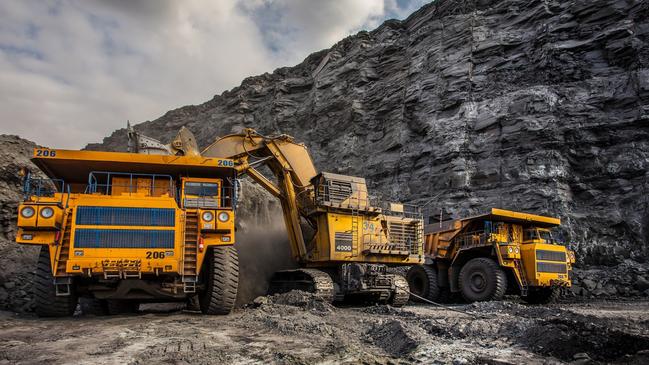
There are 22 metallurgical and nine thermal coal mines active in the Isaac region with a further 15 mines in construction, in the advanced stages of approval or in care or maintenance mode.
The committee heard on any given night of the week, Isaac had a non-resident population of more than 12,000 because of FIFO and DIDO workforces that had an effect on the viability of towns such as Moranbah.
West Australian Senator Ben Small said the committee heard evidence the level of casual employment in the Australian economy had been steady since about 1994 and labour hire ran about the same proportion as it did two decades ago.
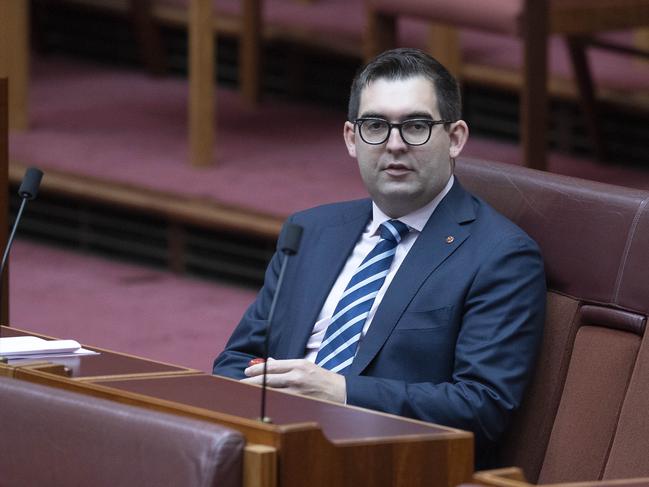
He said the Minerals Council of Australia testified about 86 per cent of the mining workforce nationwide was permanent while 14 per cent were casual before asking for insight on why Isaac might be different.
Deputy Mayor Kelly Vea Vea said she had a seen a shift to casualisation for cost-cutting reasons, the ability to move workers around sites when safety issues affected productivity and to cut out unions.
“It’s a cheaper way of doing things and without workers being long-term or permanent it’s harder for them to organise,” she said.
Cr Vea Vea also forthrightly responded to the claims in Tuesday’s hearing about statistics relating to casual workers not wanting to convert to permanent work.
“I would really like to make a statement regarding that claim that was made yesterday from labour hire companies saying less than 1 per cent of labour hire workers converted to permanent jobs, because they prefer more money and flexibility,” she said.
“For us, that was as misleading as it is outright offensive.

“We have no doubt that less than 1 per cent have converted to permanent jobs, because there aren’t permanent jobs to be had.
“It’s really frustrating because mining companies create new workforce structures that deprive workers of genuine choice, and then they say they actually didn’t want to do that anyway.
“As a community, that is as predictable as a metronome. I couldn’t personally, on behalf of my community, be more offended at that statement.
“It is a completely misleading statement when every mine worker in this region knows there are not permanent jobs on offer, and to have someone sit in a room and pretend to offer you one, will not get a genuine response.
“It is highly offensive that they would actually put that data forward, thinking mine workers have no grasp of what is actually happening in the industry today.”
Cr Baker told the Senate hearing she believed the mining companies were not offering permanent roles.
“The jobs those people have been offered would have been for less value, less conditions, less everything than everyone they work beside,” she said.
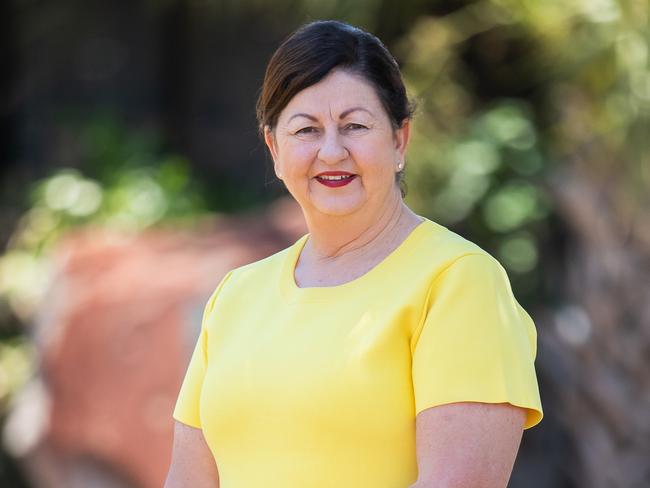
Senator Tony Sheldon asked Cr Baker to comment on figures that came up in the Queensland Coal Mining Board of Inquiry suggesting mines directly employed more than 94 per cent of the workforce in the central and northern coalfields in 1996 but the figure was now about 50 per cent.
“The feeling on the ground, is that it’s almost an 80:20 rule,” she said.
“I was around in 1996, and I have no doubt 94 per cent of the workforce had permanent positions and permanent shirts.
“They were working beside people on equal pay.
“Today, I have absolutely no doubt in my mind that that is far, far less.
“The majority of the workforce are on casual employment, less pay, absolutely worse conditions.
“The safety on our mine sites around accidents, deaths, explosions, fires, is on an absolute downward spiral.
“There is real trouble here, and there needs to be some fundamental recommendations for action.”
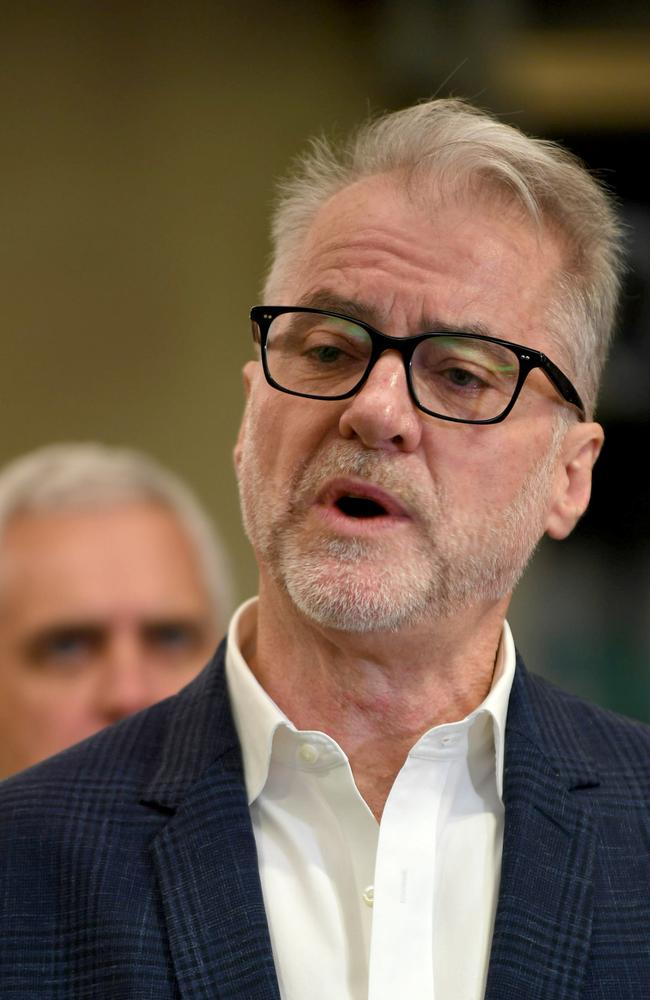
Senator Sheldon suggested one of the problems was that there was no legislative capacity to ensure workers doing the same job got the same pay.
“What is the community feeling of outrage that you are developing wealth for Australia, and the contribution back to your communities is so limited by these labour hire companies?” he asked.
Cr Baker said same pay for the same job was “common sense for us out here”
“I absolutely know that the community is exhausted. They are offended. It just simply is not acceptable anymore,” she said.





